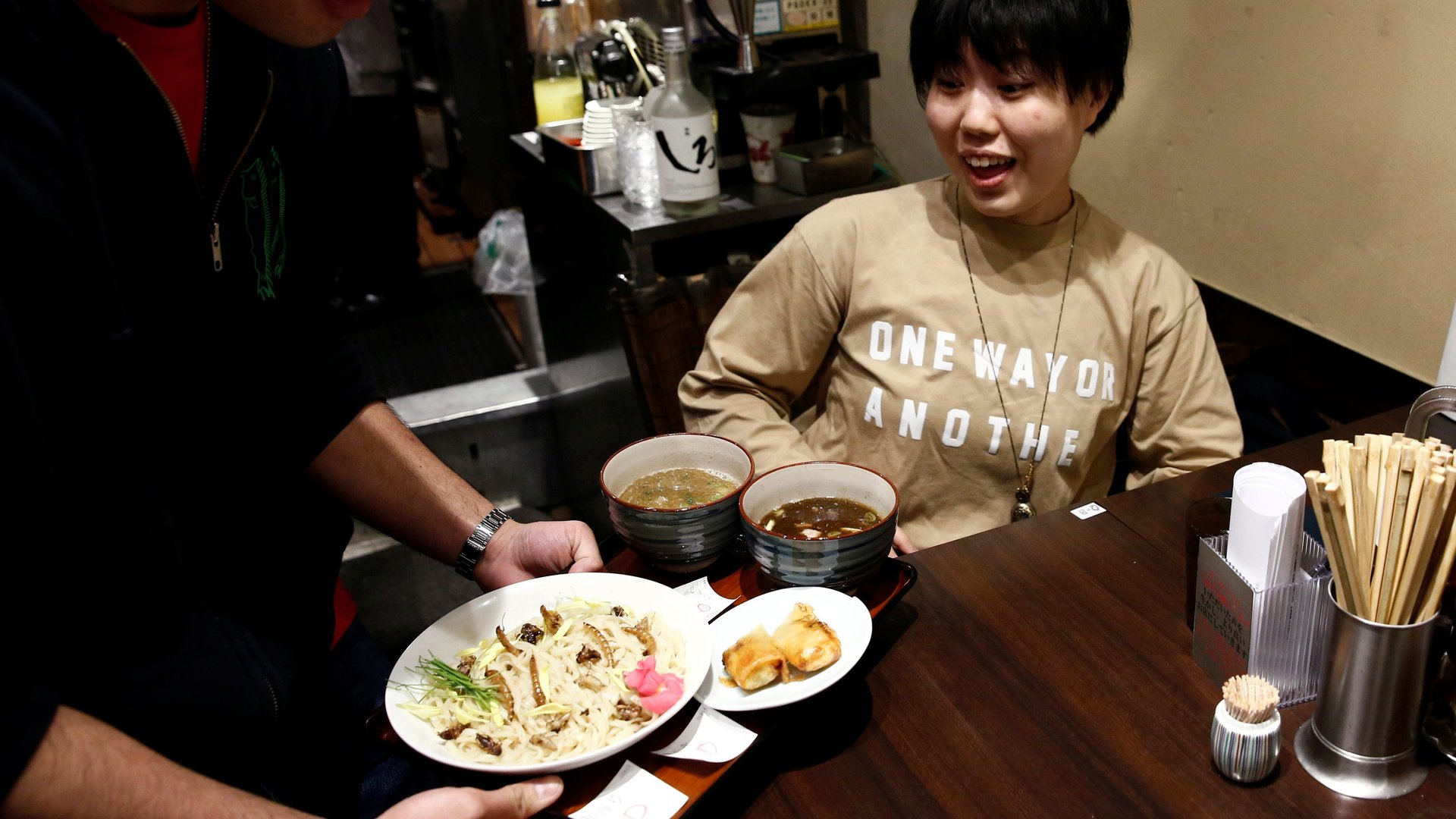How to send back restaurant food without being a jerk
We’ve all been there: You tuck into your dinner at a nice restaurant and realize right away that something’s not right. Maybe you’re a vegetarian and notice a pancetta cube in your pasta. Maybe the dish is too spicy, or too cold, or too salty, or you forgot that Sichuan peppers numb your mouth. Perhaps you didn’t Google escamoles before ordering them.


We’ve all been there: You tuck into your dinner at a nice restaurant and realize right away that something’s not right. Maybe you’re a vegetarian and notice a pancetta cube in your pasta. Maybe the dish is too spicy, or too cold, or too salty, or you forgot that Sichuan peppers numb your mouth. Perhaps you didn’t Google escamoles before ordering them.
Being less than overjoyed with your dining-out experience is a pretty routine occurrence, but when is it okay to actually send the food back? And if you must send it back, how can you do it without being rude?
A lot of that answer depends on who else is at your table. “If you’re dining alone and something is not cooked properly or not to your liking, of course send it back,” says Sharon Schweitzer, a cross-cultural and international business-etiquette consultant based in Austin, Texas. If you’re at a business dinner, or meeting your girlfriend’s parents for the first time, on the other hand, avoid sending anything back. “Waiting on your [new] dish to be prepared holds everyone up at the table,” Schweitzer says, “and can make the others feel awkward.
“If the meat’s not cooked well, eat your starch, eat your vegetables. The meal’s not just about you.”
Schweitzer says there are some exceptions, like food that’s rotten or arrives with an unwanted addition. Likewise, it’s always okay to make your server (and by proxy the chef) aware of any food allergies, religious restrictions, or plain old pet peeves. But to avoid grinding service to a halt, it’s important to read the menu carefully (and if possible, ahead of time), and disclose any dietary restrictions before you order. You can even outline food preferences or allergies when you first make a reservation.
Schweitzer says she’ll sometimes double-check those preferences when served. “[I’ll say], ’I just want to confirm that this has no shellfish’ and I’ll look at them right in the eye,” she says. “Half of the time they’ll say, ‘Let me double check,’ [and] I’ll know they forgot.”
If, for whatever reason, you must send something back, the key is to stay calm and polite. Say “sorry” and “thank you,” and “I’m so sorry to bother you about this, but…” even if the error wasn’t yours. And always be as discreet as possible.
“I wouldn’t want the kitchen to know I had an attitude in the dining room when I send something back,” Schweitzer says.
Finally, pay attention to context and culture. In China, for example, plates in a group are often shared, and one person orders. In that environment, Schweitzer suggests trying to find one thing on the table you like in an effort to avoid offending the host who did the ordering. (And if you do need to send a dish back, allow the host to handle it.) In Japan, substitutions are rare, and turning down food can be perceived as disrespectful by the chef. If you must do it, be polite and say sumimasen (“Excuse me”). No matter where you are in the world, a little courtesy goes a long way.